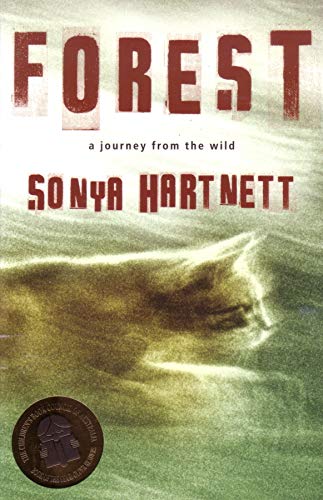




Animal Kingdom: Riot by Aaron Oster. LitRPG (a story where a real life person gets sucked into a video game) should work for me. It's such a fun idea! But 99.9999999% of LitRPG books have the same issues. The main character has endless plot armor. The MC gets way more powerful than everyone around them. The MC gets super special gear, abilities, etc. And usually the MC has "the most beautiful women in the world" wants to sleep with him for no reason.
I thought this book might be the rare exception good LitRPG book. And to be fair, it did avoid some of those problems.
The plot follows a guy who gets sucked into a video game: Animal Kingdom. Why did he get sucked into the game? How? The book doesn't explain it. One of the many issues with LitRPG is that you just need to go along unquestioningly with whatever handwaved reason the author comes up with to get the MC into the game. Or, in this case, no reason at all.
Worse than that, the MC had an obsession with saving his younger brother in the game. There was ZERO evidence the brother was sucked into the game, too. But if random people were sucked in, why didn't the MC care if his parents got sucked in, instead of the brother? Wouldn't older people have a harder time surviving in a video game instead of the sibling he played the game with?
Anyway. Ignoring all that stuff, because we're supposed to ignore it...
Through completely unbelievable plot reasons, when the MC has to pick his race (all the characters in Animal Kingdom are half animal/half people, so players have to pick the animal type to start with), he gets forced into a random choice and ends up as a frog-person. While the reason he ended up as a frog made no sense, at least being a frog avoided the "he's suddenly the hottest guy on the planet" issue.
I enjoyed the first half of the book, where the weak frog had to survive in the game world, but as happens with Every Single LitRPG Book Ever, eventually the MC becomes super powerful. Gets all sorts of super gear. All the other characters look lovingly up at him as the One True Hero who can save the world.
SIGH.
DNF #106: Sixteen Souls by Rosie Talbot. I don't use Tiktok and I've paid little attention to "BookTok". As I understand it, BookTok is when a person on Tiktok writes a book that's a good match for teens/young adults (social justice stuff, LGBTQ characters, as much representation as can be stuffed into a story), which makes all the young people on BookTok happy. They flood review sites with good reviews.
Apparently Rosie Talbot is a BookTok author, which I hadn't known until after I DNFed the book and looked into it further.
Sixteen Souls started out great. A boy (gay, disabled) is able to see ghosts. Soon enough a second character shows up who can also see them (trans-boy, gay), and the two have to work together
I made it to the 60% point before I realized the story was annoying me more than anything else. The writing wasn't very good, the author was SO VERY HEAVY HANDED with Britishisms (yet per Brits who read it, it's not accurate at all), and there were way too many mentions of social media/TikTok (no surprise there). But more than all that, the vast majority of the Goodread reviews mentioned how good the representation was, but in reading the book, the representation seemed more important than plot, pacing, or characterization. Which sums up BookTok, so there you go.
DNF #107: Forest by Sonya Hartnett. I tried reading this one in 2020 and DNFed it then, too. Review.
DNF #108: Analog Science: Lion Loose by James H. Schmitz. I'm certain I tried to read this one previously, but I can't find the review. Published in 1961 in the Analog Science sci-fi magazine, it was too dated to get into, plus I remembered DNFing it some year previous.
DNF #109: The Last of Us by Rob Ewing. Not the zombie video game Last of Us. Pretty sure I had read it previously, but I can't find the review. A small handful of kids alone on an island after adults vanish, they try to keep up their routine of going to school (taking turns teaching it themselves).